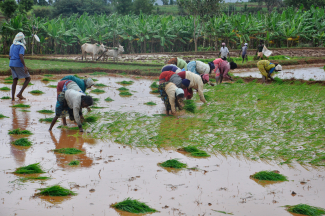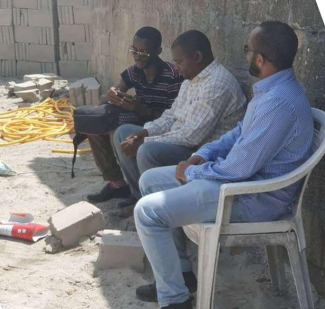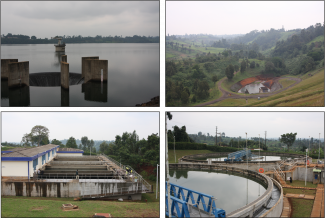FILTER
Displaying 11 - 20 of 307 publications
AbstractEmployment income data are coarsened as a result of questionnaire design. In the previous chapter we saw that Statistics South Africa (SSA) ask two employment income questions: an exact income…
| Book Chapter | South AfricaAbstract With the increasing expectation and demand for the government to supply public goods such as water, health, education, and road infrastructure, the pressure to mobilize more domestic revenue…
| Peer Reviewed | TanzaniaPurpose This paper aims to understand the causes of low adoption of hybrid rice technology. The paper also assesses the impact of adoption of hybrids and modern varieties on crop yield, vis-à-vis the…
| Peer Reviewed | IndiaAbstract Stated preference studies are often based on the assumptions that proposed outcomes would realize with certainty and respondents believe their survey responses are consequential. This paper…
| Peer Reviewed | Ethiopia, TanzaniaAbstract Stated preference studies are often based on the assumptions that proposed outcomes would be realized with certainty and respondents believe their survey responses are consequential. This…
| EfD Discussion Paper | TanzaniaWe present the results of framed field (lab-in-field) experiments designed to investigate the endogenous formation of common pool resource (CPR) coalitions when the resource is co-defended with costly…
| Peer Reviewed | ChileAbstract We study the provision problem of an asymmetrically valued public project using a novel mechanism proposed by Van Essen and Walker (2017). Under this mechanism, each player simultaneously…
| Peer Reviewed | ColombiaWe study how the allocation of power in a voting procedure affects the regulation and extraction of environmental public goods. In an appropriation game experiment, different endowments induce…
| Peer Reviewed | Colombia
Providing water and sewer services is extremely capital-intensive. Yet tariffs are often too low to recover operations, maintenance costs, capital replacement, and expansion. This study shows how much...
| Peer Reviewed | KenyaAbstract We use a field experiment to identify how differences in preferences and spousal influence result in low willingness to pay (WTP) for technologies that can benefit all household members. We…
| Peer Reviewed | Ethiopia


